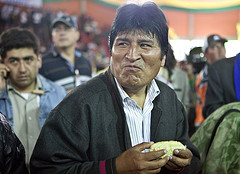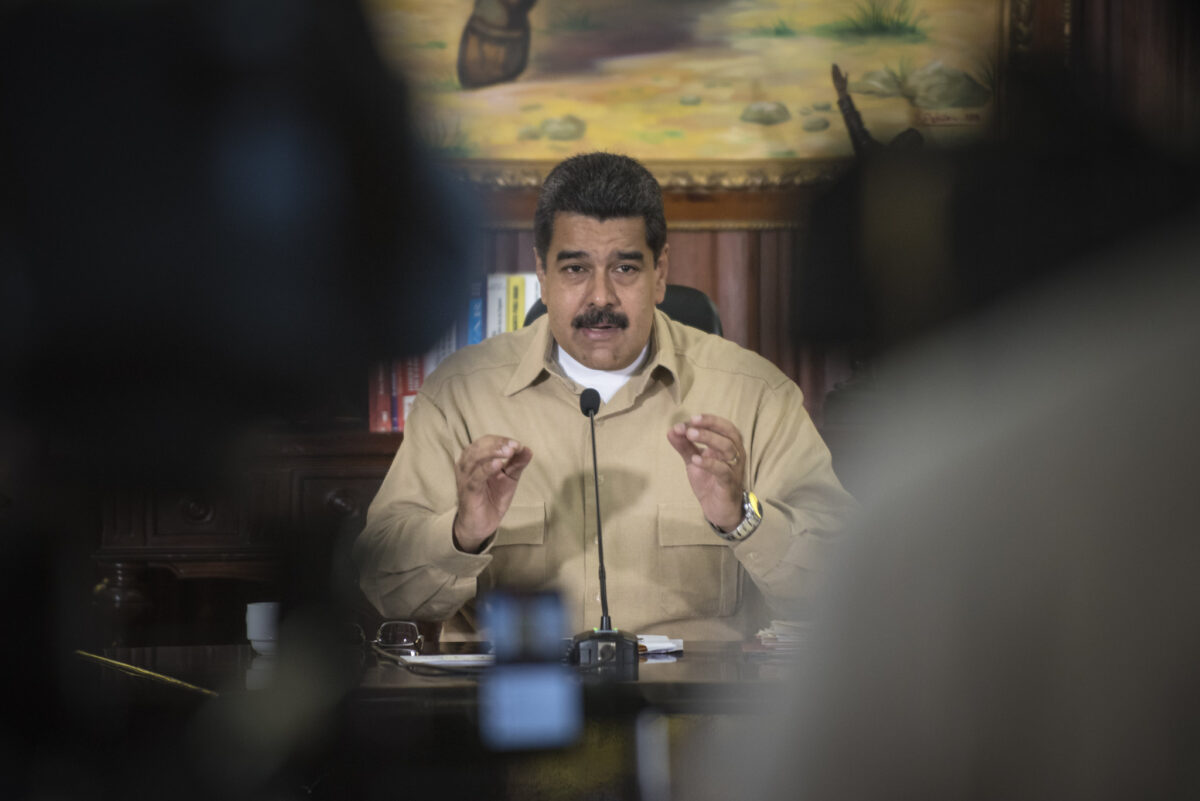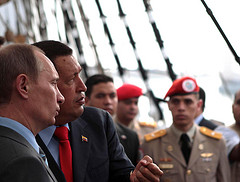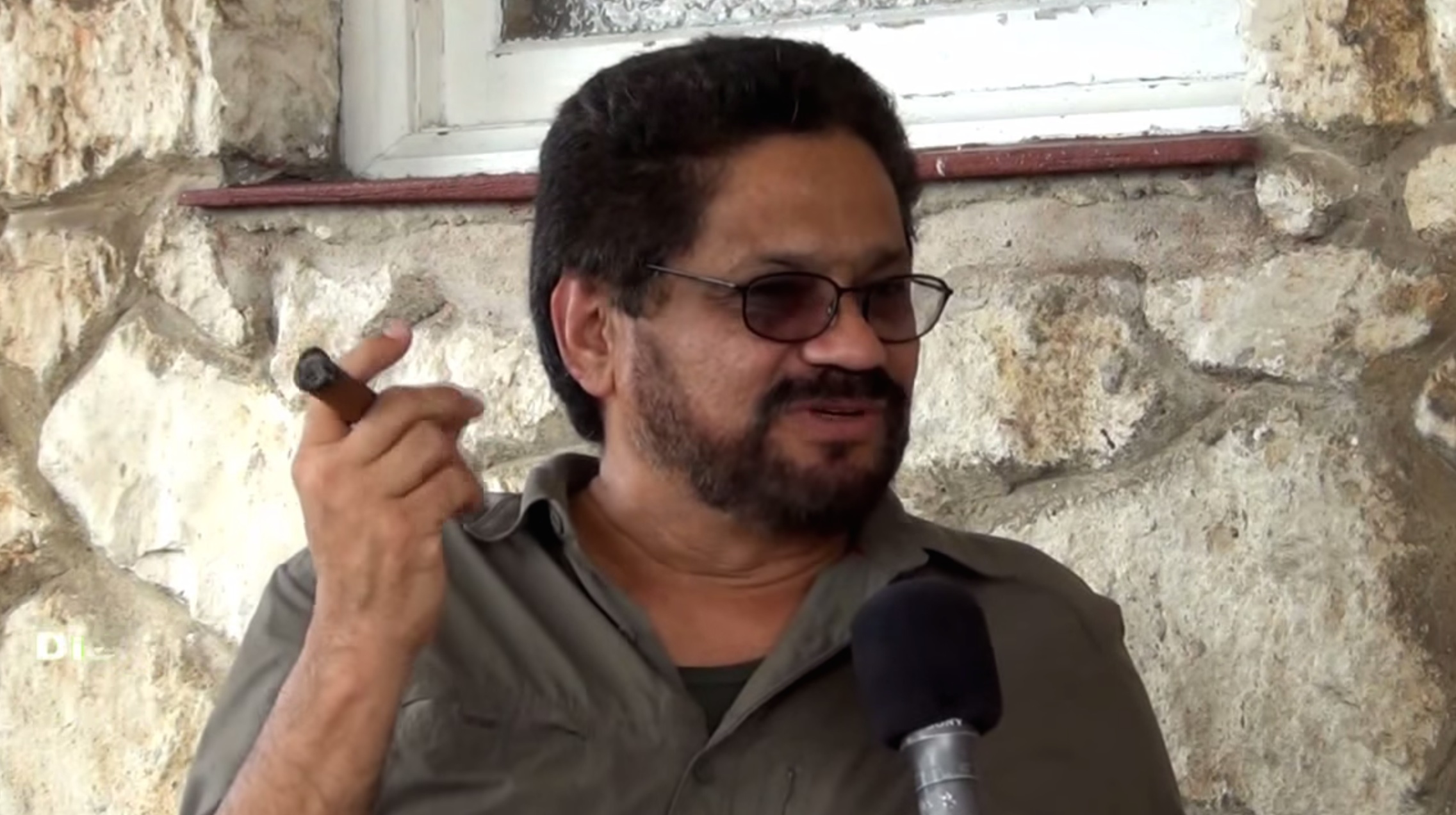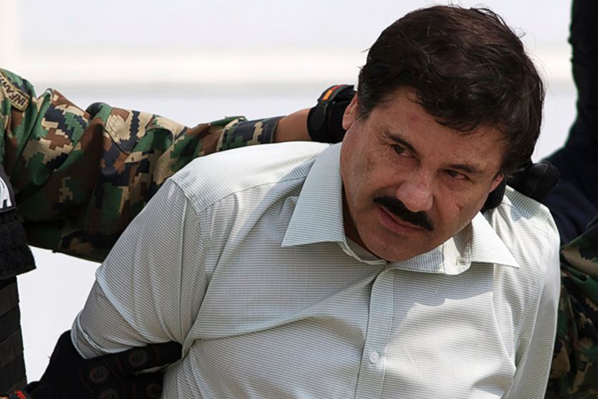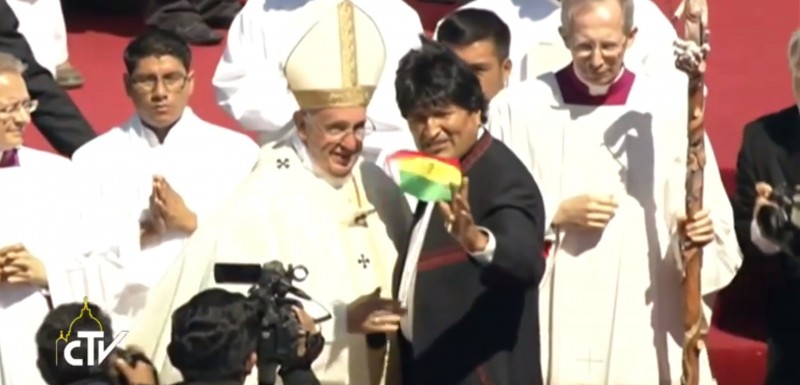
Andes, Bolivia, Latin America: Week in Review
Pope Apologizes For Colonial-Era Church Abuses
July 10, 2015 By Staff
Top Story — Pope Francis publicly apologized on Thursday for the abuses committed by the Catholic Church against the indigenous populations of the Americas during the colonial period, using stronger language than any other pope to date.
“I also want for us to remember the thousands and thousands of priests who strongly opposed the logic of the sword with the power of the cross. There was sin, and it was plentiful. But we never apologized, so I now ask for forgiveness. But where there was sin, and there was plenty of sin, there was also an abundant grace increased by the men who defended indigenous peoples,” Francis said, drawing raucous applause from the audience in Santa Cruz, Bolivia, The Associated Press reported.
While Pope John Paul II also apologized while visiting the Dominican Republic in 1992, Francis went further, saying he was apologizing with “regret,” according to the AP. John Paul’s successor, Benedict XVI, made no such apology. Many in the church have long insisted it was a benevolent protector of indigenous populations against Spanish conquest. But in recent years more bishops have acknowledged the complications in that narrative.
Bolivia, the second stop on Francis’ tour of South America, has the highest share of population identifying as indigenous in all of Latin America, and its president, Evo Morales, is the region’s first person of indigenous descent to hold that office.
Francis’ apology preceded another gesture of apparent humility. Before holding Mass, Francis changed into his vestments in the bathroom of a Burger King restaurant.
Headlines from the Western Hemisphere
North America
- The former governor of the Mexican state of Guanajuato, Luis Armando Reynoso, was arrested Thursday on tax fraud charges after allegedly failing to pay income taxes in 2009 during his tenure as governor.
- A U.S. federal judge ruled Thursday that the family of a teen who was shot to death by a Border Patrol agent can sue the agent, Lonnie Swartz, who the Border Patrol has said was defending himself from rock-throwers when he shot Elena Rodríguez on the Mexican side of the border.
Caribbean
- Haiti’s electoral council officially opened campaigning on Thursday for elections that have been delayed for more than three years, leaving President Michel Martelly to rule by decree after parliament dissolved six months ago.
- The New York Times has published a profile of Elián González, the Cuban boy whose rescue off the coast of Florida sparked an international custody battle and who has recently been vocal about preserving Cuba’s socialist heritage.
Central America
- In the midst of a continuing corruption scandal surrounding Guatemalan President Otto Pérez Molina, the president’s son-in-law was arrested Thursday for alleged influence peddling.
- Honduras’ opposition parties, lead by former President Manuel Zelaya, have called for the creation of an international commission to help the Honduran judicial system deal with corruption.
Andes
- Following a moratorium observed during Pope Francis’ visit to the country, Ecuadorian anti-government protesters reinstated demonstrations on Thursday against recent tax increases and alleged corruption.
Southern Cone
- Brazilian judges fined Google and Facebook for ignoring an earlier ruling that demanded they block the distribution of “degrading photos” taken in a mortuary of deceased country singer Cristiano Araújo, killed alongside his girlfriend in a car accident in June.
- In an attempt to shore up its dwindling automobile industry, the Brazilian government is planning a series of financial incentives to boost vehicle exports, according to the head of Brazil’s automakers association.
- One of Chile’s most substantial cigarette manufacturers — a unit of British American Tobacco — announced that it will be closing down several plants after Congress passed a series of anti-tobacco measures.

